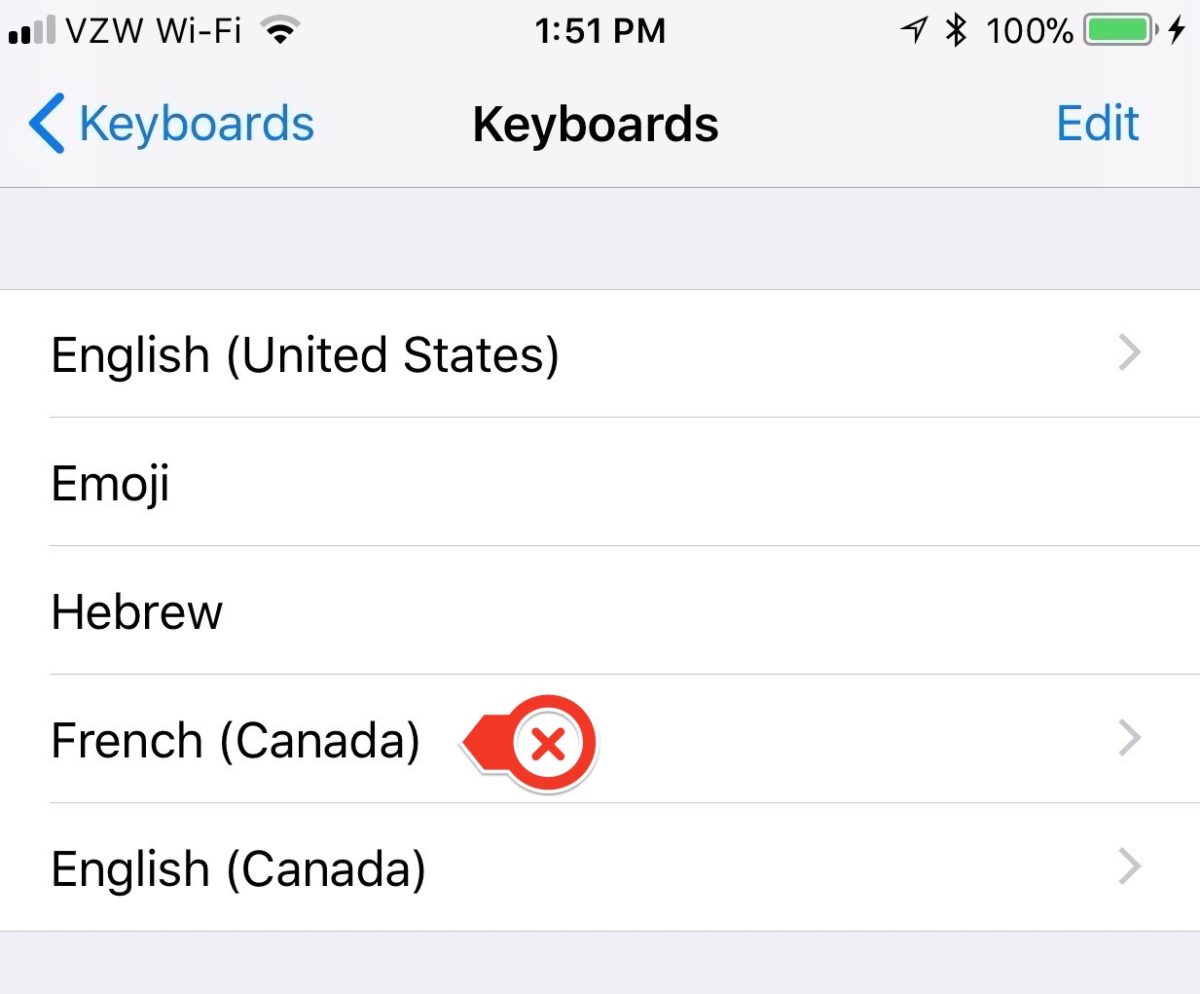File this under “promises made; promises kept”.
We are thrilled to share that our school will be making a $50,000 investment to ensure an increasingly excellent French education, to grow the number of students who successfully transition into French immersion programs in Grade 9, and to increase the odds of their success once placed. This comes directly from the hard work of our French Language Faculty, the changes we began this year as a result of beginning this conversation last year, the leadership of our Board and the generosity of our donors. This is a great day for those who already know a Jewish day school education does not preclude an excellent French education; it is an even better day for those who want to believe it, but needed a little more than anecdotal evidence to go on.

If you are new to this conversation, I encourage you to read my blog post from last February which lays out a detailed history of French education in Ontario, how it impacts OJCS and what the state of affairs was like when we began this work last school year.
Here are a few reminders and updates:
We continue to acknowledge that small sample sizes make statistical analysis complicated. We remain committed to annual surveys of our alumni and frequent check-ins with the high schools in our community. We do know, for example, that 50% of the students who graduated OJCS last year from French Extended are currently in Grade 9 French Immersion in high school (the other 50% opted out). They report being successful and having been adequately prepared. It may not be statistically significant (this was not a large class), but it lines up with last year’s data and the ample anecdotal evidence we do have that OJCS students can and do successfully transition from “Extended” to “Immersion” in Grade 9.
Here is what we committed to for this school year:
- Conversations with parents about their hopes and expectations for maximal French contact time will begin during the admissions process. Students who may require additional support to place into “Extended” need to be identified early.
- The selection process in Grade 3 will be more rigorous, begin earlier, come with more parental engagement, etc., so that students who do continue into “Extended” for Grades 4 and higher are even better prepared for Grade 9.
- We will increase the rigor and immersive experience of what contact time we presently make available. We need to squeeze every moment of immersive French possible. This includes a philosophical shift in K-3 that raises the bar – rather than aim towards the middle and wait to see who rises up, we will aim towards immersion and stream those who struggle.
- We adjusted our schedule to increase contact time with French. Students in OJCS have more contact time with French in each grade (except K which was already frontloaded).
Here is how our French Language Faculty put it when we met with parents twice yesterday at our “French Q & A Sessions”:
Vivre en français à OJCS
- At OJCS, the FSL (French as a second language) faculty has made a commitment to speak French with their students everywhere in the school, so if you walked through our hallways, you would hear us speaking French to our students, increasing the interaction and contact time with our students.
- Our enhanced FSL program with its consolidated class time (blocks of periods), all within a trilingual school where the francophone culture is alive and regularly celebrated, produces students capable of successfully communicating and learning in French.
- Students practice their language skills in various environments, such as on the playground, and during coaching on our various OJCS sports teams.
- Our FSL faculty is committed to offering authentic OJCS learning experiences.

While we believe we are on a gradual path towards clarity around French outcomes and increased excellence in French education, we are also aware of how serious an issue this is for a meaningful percentage of our families. We have also seen how the use of consultancy has jumpstarted innovation and growth at our school. What we are announcing here is going to do for French what our other consultancies have done for OJCS – dramatically speed up the process of moving from good to great.
We have identified a few different consultancies that would provide OJCS with the following features:
- One to two years of professional development for OJCS French Faculty from the same folk who train the Immersion and Francophone programs in the public boards, including multiple in-person observation and direct training.
- Shareable tools for benchmarking and tracking individual students over time.
- New and updated French curriculum.
- Individualized paths forward for high achieving students from the OJCS “Extended” program to full Immersion programs at their next schools of choice.
The tools, the curriculum and the paths would be ours after the consultancy and would become part of the budget moving forward.
We are in the process of finalizing our consultancy and will share out additional information when confirmed. Additionally (not part of the $50K), we are also committed to adding French Resource. We feel this will bring much needed support not only for students who have IEPs, but for any student who struggles. [Yes, we are committed to adding Hebrew Resource as well.]

We enjoyed the opportunity to share our progress and our plans with parents. We appreciated the candor and the tough questions we were asked. We are pleased to share it more widely here. Interestingly, we heard similar feedback that we heard last year about three areas. One we tried to do something about and couldn’t get it off the ground; two we need to pay even closer attention to…
- There was a very positive response to the idea of OJCS offering French enrichment as part of an after school program and/or as part of a summer day camp experience. We surveyed parents last year about it for this year and did not get a critical mass. We will try again.
- There was a strong feeling that using Grade 4 as our arbitrary split into “Core” and “Extended” is unnecessary and that we are missing an opportunity to increase the immersive exposure in Grades K-3 when it could potentially have even more value. We addressed this issue this year with a philosophical shift (aiming higher), but we could also choose to address it structurally (actually streaming earlier). This will be worth exploring through consultancy.
- There remains a meaningful percentage of our families (particularly ones who are from and/or are familiar with the model in Montreal) who would like to see us offer a full immersion track, if not embrace a full immersion model. Although our cultural context is different, we do have a responsibility to pay attention to these families. We will continue to survey and assess this need; we will also try to better calculate the opportunity cost of not having it – who is not coming to OJCS (and, thus, not getting a Jewish day school education) because we can’t offer it.
This is where you come in. We desperately want to know what you think…
…what questions did this answer for you?
…what questions did this raise for you?
…what do you want to know more about?
…what else do you want us to know?
We cannot encourage you more to email, comment or come in for a conversation. We need all voices heard as we work towards clarifying and enhancing our French mission and vision – next year and in the years ahead.


